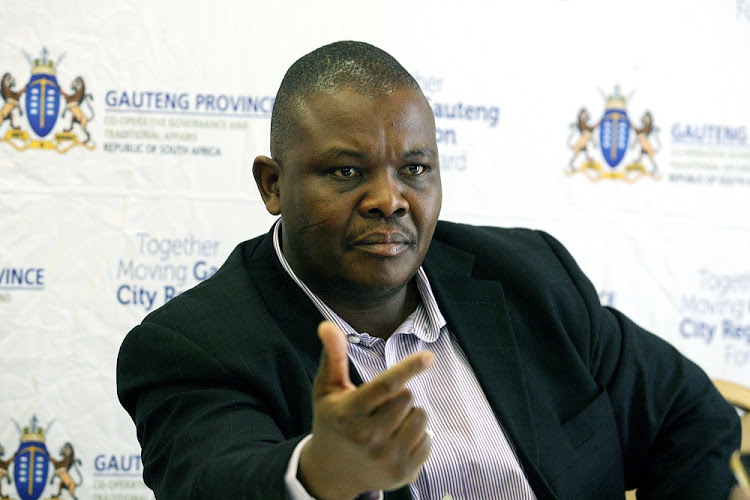Thebe Mabanga
The Gauteng Provincial Government is set to spend R 157 million over the next three years setting up the Gauteng Transport Authority, including a further R20 million allocation in the 2020/2021 financial year to support the taxi industry.
This was announced by Gauteng MEC for Finance and e-Government Nomantu Nkomo-Ralehoko when she tabled her budget speech at the Gauteng legislature on Thursday.
“In order to give effect to the Premier David Makhura’s announcement on the Gauteng Transport Authority and its immediate focus on implementing all the plans developed in the past decade, as well as support for the taxi industry, a total of R 157 million will be allocated over the 2020 MTEF,” said Nkomo-Ralehoko.
She also announced that a once-off amount of R20 million will be allocated for the implementation of online renewal of vehicle licenses.
Jacob Mamabolo, MEC for Public Transport and Roads Infrastructure in Gauteng says the GTA is being set up following passing of the Gauteng Transport Authority Act in March last year and will oversee all aspects of public transport including safety standards services levels and regulate pricing.
The GTA will be headed by Jack Van der Merwe as CEO, the veteran engineer and public transport administrator who recently stepped down as the CEO of the Gautrain Management Agency.
Mamabolo says this will cover all bus services, taxis, Gautrain and the province is currently in negotiation with national government to have passenger rail devolved to provinces.
Passenger rail is currently run by the Passenger Rail Agency of South Africa through Metrorail.
This is to allow the province to roll out the Integrated Public Transport Network, which will create seamless integration between various modes of transport and better link the provinces various district and metros.
The idea is to help residents hop on a train then connect through a bus or taxi with relative ease.
The province is looking at a single ticketing system, an e-ticket, for public transport which will allow users to load cash on a single ticket and use it across various bus services, including the Bus Rapid Transit system such as Rea Vaya in Johannesburg and Soweto, in taxis, the Gautrain as well as Metrorail, if negotiations are successful.
Mamabolo says he will give details on this when he presents his budget vote, but the idea is to use existing technology such as a Gautrain ticketing technology, which can be expanded across platforms.
“The capability is there; we do not have to re-invent the wheel,” says Mamabolo.
Mamabolo says the R 20 million assistance for the taxi industry if for modernisation of the taxi industry but does not include recapitalisation.
The money will be used to help cover industry association operational costs for the training of taxi owners in conflict management as well business and executive skills.
It will also be used to set up the taxi academy for training drivers on customer service and road safety.
The measures are a result of the Gauteng Provincial Taxi Summit, which was held in July Last year in Sedibeng.
They are also the outcome of the Commission on Taxi Violence, which was set up in September last year and is chaired by Justice Jeremiah Shongwe to investigate the ongoing murders in the taxi industry.
Mamabolo says the GTA will also oversee the subsidy of various forms of public transport which is currently fragmented and sits in various tiers of government.
The province subsidises bus services such as Putco and a number of provincial servoces in areas including Sedibeng. National government then subsidises Metro Bus Services.
Mamabolo points out that in line with Competition Commission report of the Market inquiry into the Land Based Public Passenger Transport sector, the issue of subsidising the taxi industry must be strongly considered.
He expects that a National Policy will be investigated and set, then provinces use it as a guide to subsidise taxis.
He notes that the Competition Commission has also stated that Gauteng is the best place to pioneer an integrated system with regulated prices and subsidies.
This is possibly because of the province relative density caused by many people in smaller land mass, as well as volume of demand for transport services as an economic hub with inward migration.
Gauteng’s public transport policy has had many and varied experiments over the past two decades.
Before settling on the Gautrain, the province once flirted with the idea of a monorail, a system used in cities like Malaysia to navigate relatively small areas on an overhead railway line with stations about half a kilometre to a kilometre apart.
Jeremy Cronin, then deputy transport minister, dismissed the idea as “belonging to a theme park”, probably thinking of a version of monorail used at Sun City resort in the North West.

